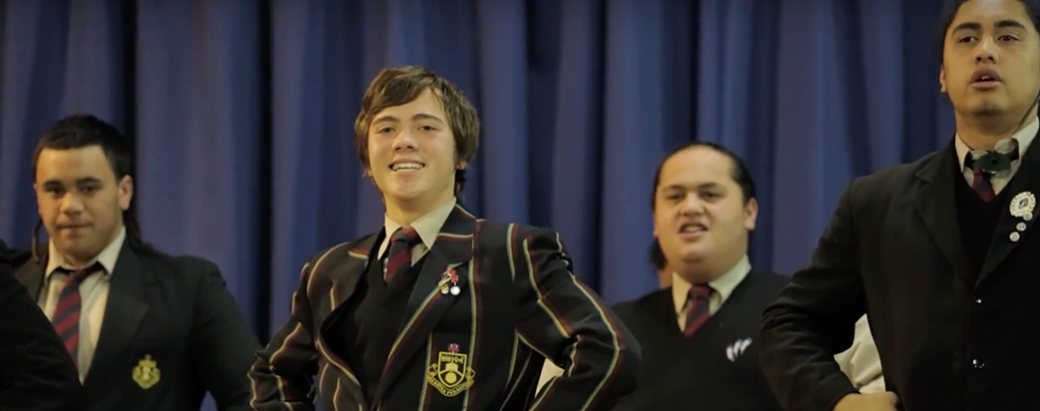
About the Project
This project is one of the 2013 WISE Awards winners.
The project seeks to address what the New Zealand government has identified as being the major challenge facing education in New Zealand today, namely the continuing social, economic and political disparities between the descendants of the Anglo-European peoples and the indigenous Maoris. The project offers an innovative curriculum and pedagogy in order to increase involvement, success rates and life opportunities for young Maoris.
Context and Issue
In comparison with the majority of students who are primarily of European descent the overall academic achievement levels of Maori students are low and their rate of suspension from school is three times higher. They are over-represented in special education programs for behavioral issues and their enrolment in pre-school programs is lower than for other groups. They also tend to be over-represented in low-stream education classes, are more likely than other students to be found in vocational curriculum streams, leave school earlier with fewer formal qualifications, and enroll in tertiary education in lower proportions.
The Maori population has a higher level of unemployment, is more likely to be employed in low-paying jobs, has much higher levels of incarceration, mental and physical illness and poverty than the rest of the population and is generally under-represented in the positive social and economic indicators of the society. These disparities reflect those in the education system. This group of students is growing as a proportion of the New Zealand population (now 28% of new births) and the negative consequences of these disparities will also grow exponentially.
The Solution and Impact
The project commenced in 2001, with a series of in-depth interviews with Maori students, those parenting them, their teachers, and their principals about the causes of ongoing educational disparities between Maori students and their non-Maori peers and possible solutions. The aim of these interviews was to identify the lived schooling experiences of Maori students and those most closely involved with their education. From these interviews, an Effective Teaching Profile (ETP) was developed. The profile formed the basis of support offered to project teachers and school leaders. The project is innovative because it developed the solutions suggested by Maori students into what has become an effective school-wide reform that is proving to be transformational.
Solutions include a focus on student voice and participation, the sharing of power with students and their families to develop school reform, the rejection of deficit explanations of Maori student performance, a cross-curricular focus on caring and learning relationships, a shift from traditional transmission modes of pedagogy to more dialogic, interactive modes, the development of professional development for teachers that is supported by iterative practices and the development and introduction of relevant electronic tools.
The most recent analyses show that the schools that are the most effective implementers of the ETP see Maori student schooling experiences improve dramatically. In addition, participation, engagement, retention, and achievement all show positive gains compared to a comparison group of schools. In particular, effect-size analysis shows that as teachers improve their implementation of the ETP, Maori students in their classrooms demonstrate greater shifts in achievement. Project schools now see a greatly increased number of Maori students in the senior school (a 260% increase in year 11).
Future Developments
The objective of the project is to expand to a further 100 schools. These schools will include a further 33% of Maori students in New Zealand. On a broader front, the project is being promoted in international settings through the establishment of a Centre for Relational Pedagogies at the University of Waikato. The Centre’s sole objective will be to promote educational equity for Indigenous and marginalized students around the world. The project is to be included in a new initiative from the New Zealand Ministry of Education, called Building on Success.


